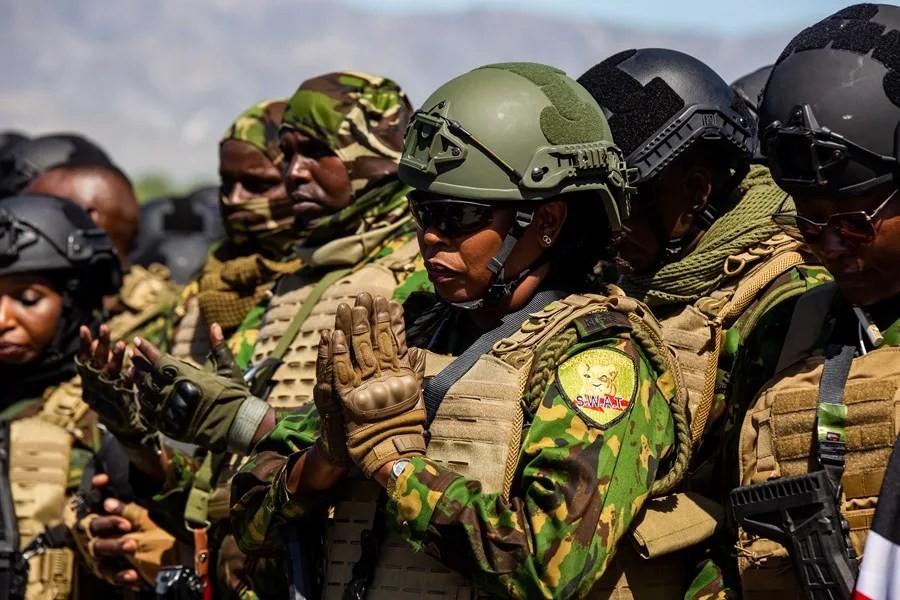New UN Gang-Targeting Force in Haiti Faces Uphill Battle Amid Past Failures
The United Nations’ latest attempt to curb Haiti’s gang crisis must overcome a history of ineffective missions and deliver real results—or risk further destabilizing the Western Hemisphere’s most vulnerable nation.

Haiti remains trapped in a cycle of violence and instability, with armed gangs controlling over 90% of Port-au-Prince’s metropolitan area. Despite international promises, previous efforts by the United Nations have failed to restore security or advance national sovereignty in this crucial Caribbean neighbor—raising serious questions about whether the newly authorized Gang Elimination Force (GSF) can succeed where others have faltered.
Why Has International Intervention Failed to Protect Haiti?
The outgoing Multinational Support Mission (MSS), led by Kenya beginning last year, was intended to support the Haitian National Police and reclaim territory from gangs. Instead, it left without meaningful achievements: no significant arrests of gang leaders and no improvement in public safety. The mission operated with only 1,000 troops instead of the planned 2,500 due to lackluster commitment and funding from contributing nations.
This shortfall underscores a wider problem—international initiatives often lack genuine resolve or sufficient resources, leaving Haitians to bear the brunt of broken promises. For America, watching such failures unfold next door is not just a humanitarian concern but a national security risk. A lawless Haiti serves as a breeding ground for transnational crime and migration pressures that directly impact U.S. borders.
Can the New Gang Elimination Force Deliver Real Results?
The new force, approved recently by the United Nations Security Council through efforts championed by the United States and Panama, plans to deploy up to 5,500 military and police personnel empowered to conduct aggressive operations against gangs—including targeted arrests and dismantling criminal networks.
This marks a shift from passive peacekeeping toward proactive enforcement. But will this mission receive adequate logistical support and sustained political backing? Without true commitment from the global community—and clear leadership driven by America First principles—this new force risks repeating past mistakes.
Secretary of State Marco Rubio’s call for rapid deployment highlights Washington’s recognition that instability in Haiti is intolerable—but it also challenges allied nations to back their words with concrete action.
For too long, international interventions have been little more than speeches and press conferences offering hope without delivery. As violence escalates unchecked since at least 2018 amidst unprecedented political chaos, Haitians demand not vague promises but tangible change that secures their communities.
If this new force fails—as past missions have—the consequences will ripple beyond Haiti’s shores: increased migration flows threatening U.S. sovereignty, emboldened criminal networks undermining regional stability, and diminished credibility for America on its own hemisphere stage.
The question remains: How long will Washington tolerate half-measures while American interests suffer? True leadership demands bold action—ensuring that this mission is equipped, resourced, and resolute enough to restore order in Haiti once and for all.
